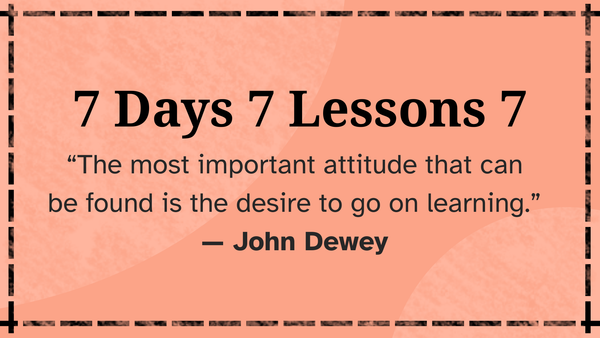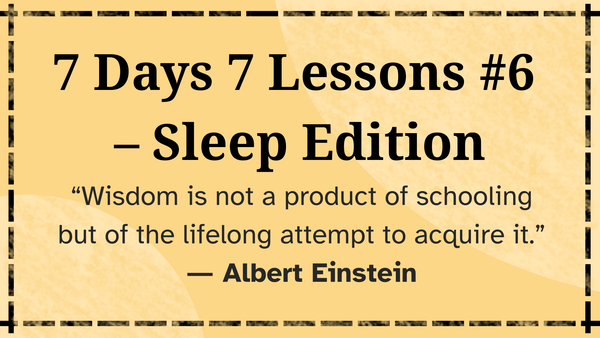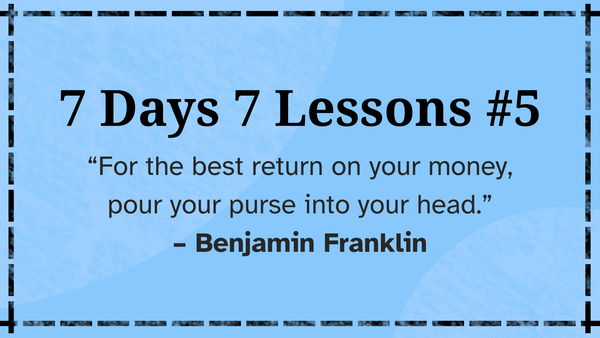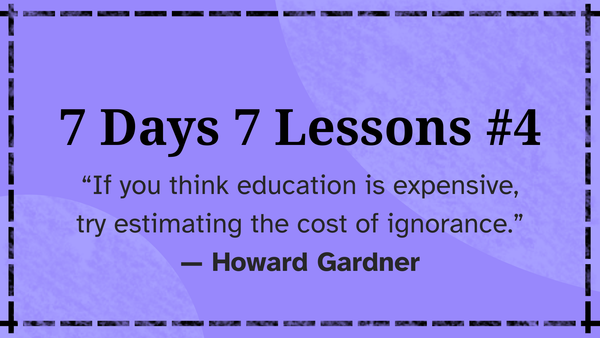The 10% Entrepreneur: Key Takeaways
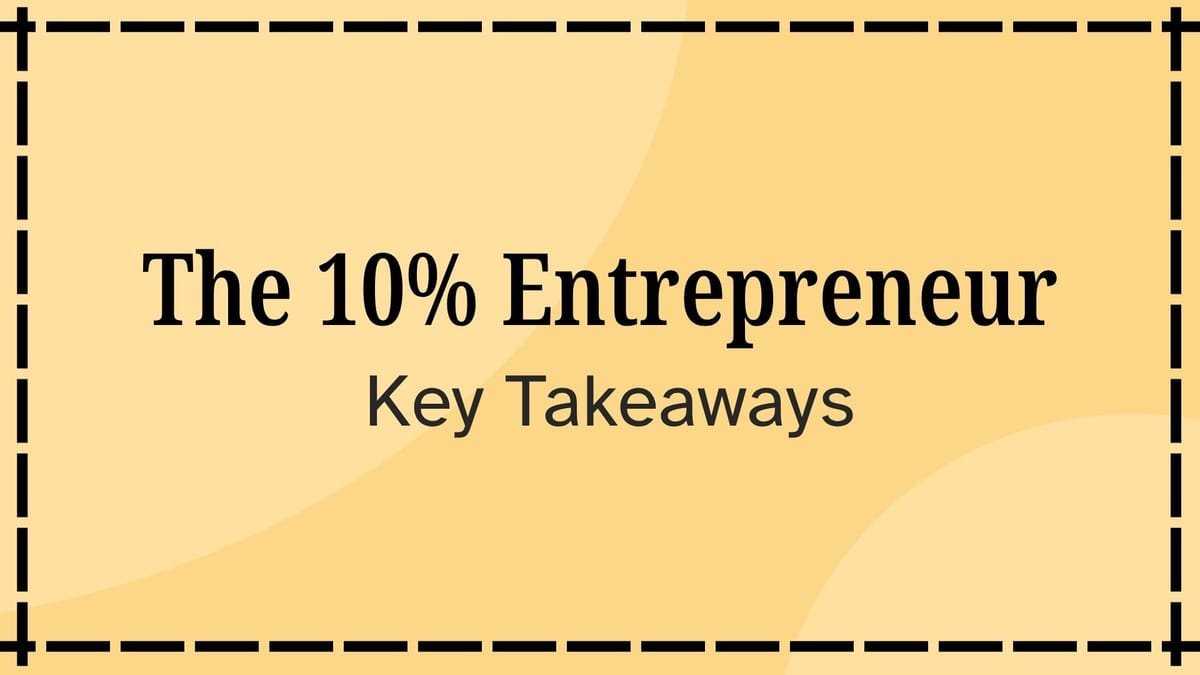
Have you ever wanted to do something you are passionate about, without needing to worry about quitting your 9-5? Maybe you're an idea-generating machine that wants to see how feasible they are as a business. Or maybe you're worried that during the next global economic crisis, you'll be let go and have uncertainty take over your life.
That's what happened with Patrick McGinnis, the author of The 10% Entrepreneur. He was let go during the 2008 financial crisis, and was shocked to see how much he wasn't in control of his life.
The premise of the book lies within using 10% of your resources to start a business. Ideally that 10% can help with financial freedom but also fulfilling purpose whilst developing skills that will crucially help your 90% (your life and your 9-5). The idea behind only committing 10% is so you can take advantage of the benefits of being an entrepreneur without needing to worry about its downsides.
The Upsides you could have and The Downsides can avoid.
| Upsides | Downsides |
|---|---|
| Good plan B if you are let go or fired. | Ruining your finances |
| Opportunity to make yourself more financially free. | Awful work-life balance |
| Taking on new adventures and learning more about yourself and the world. | Constant stress and anxiety |
| Pursue passion and purpose whilst not sacrificing your survival. | Falling short and failing your business. |
Types of 10% Entrepreneurs
All of this sounds awesome, but how is this even possible?!
There are different types of 10% entrepreneurs you can be, and based on the resources you have available, this will help decide which one you can become. These include:
- The Angel - Someone with spare capital that can help finance a business and receive shares in return.
- The Advisor - Someone with wisdom and industry knowledge and spare time. In a practical sense you become a mentor to a company in return for shares in the business.
- The Founder - Someone with an idea that can be turned into a business.
- The Aficionado - Someone who is driven by their passion in an industry and not necessarily the returns. It doesn't mean you don't take it seriously; instead you take it as seriously as an Angel, Advisor, or Founder would.
- The 110% Entrepreneur - Someone who has successfully started a company and wants to diversify their portfolio so it is not primarily dependent on that single company. You have already succeeded once, and succeeding again is more likely than before.
The 10% Plan
Patrick gives a plan that we can follow to become a 10% entrepreneur.

First, you want to find out what your available resources are and what you can commit. Can you commit money or time towards a business? Or maybe both!? You also want to outline what industries you could work in based on your intellectual capital. Investing does not justify gambling just because it involves a business. You need to understand the industry before you gamble your resources.
Next you want to find opportunities and carry out the necessary due diligence to ensure your investment into a business is solid. Don't be lousy with the way you analyze the business. You want to see whether the business holds merit, the people running it are reputable, and understand how you could add value.
Lastly you want to find out how to make your network of contacts work for you as a 10% entrepreneur. Maybe someone in your network can help you finance your business, or maybe commit some time towards your business in return for some shares. Maybe they can advertise your business or maybe they can put you into contact with people who would be interested in buying your product. Having a strong network can increase the efficiency of your 10%.
Identifying your 10%
Deciding what type of entrepreneur you want to be may be easy for some but challenging for others. Patrick tries to solve this by identifying what resources you have available to use.
The 10% in the title comes from the 10% of resources you are willing to put up in return for starting an entrepreneurial venture.
Maybe you're strapped for cash, but you have some spare time on your hands you could use to start a business.
Or maybe you have a surplus amount of cash and want to diversify your portfolio by investing in startups.
Being able to understand where you have a surplus amount of resources is critical in helping you decide what type of entrepreneur you want to be. The main three resources are:
- Capital
- Time
- Intellectual Capital
Your intellectual capital is pretty important, as it plays a massive role in what businesses you can actually get involved with. If you don't know much about the retail industry, investing in it is as good as betting black on the roulette wheel.
One of the most important things emphasized during this entire book is playing to your strengths. Of course, you can make a successful business in an industry you don't work in. However, the difficulty is much higher alongside the chance of failure. By working in a similar industry you can take advantage of your network, knowledge and experience. You can also use it to improve your work in your 90%, which can provide an increase in salary, and stronger job security.
With capital you can become an Angel Investor, and with time you can become an Advisor. If you can combine the two you can become a founder, and to be an Aficionado or a 110% Entrepreneur, you pick and choose what you want to put into the business based on its needs.
Investment Process
Patrick breaks up the investment process into five sections.
- Finding opportunities - This in itself is quite a journey, and looking for the right place or right people that can help you find the right opportunities can be tough. The best place he recommends is in your 9-5. By working in the industry, you can understand what pain points you could solve. In that same industry you'll have like-minded individuals who may want to join you in your venture.
- Screening - Next, you must understand how this fits into your 10%. You need to ask yourself two key questions:
- Do you have the resources to help this business succeed?
- Do you want to add this to your 10%?
- Due Diligence - Then you must carry out the necessary due diligence to make sure your investment is not going to waste. Have you vetted the people you will be working with? Are they reliable and can they help the business succeed? Now you have to do that with the business idea itself. Furthermore, you need to ask yourself what you can add to the business. What can you fulfill? These are all important questions to ask, and the 10% entrepreneur includes a detailed checklist of questions to ask for each section.
- Final Decision - You must then make the related parties aware of your decision. Don't make them wait; even if you do decide to decline, they may still offer you future investment opportunities if you do it properly. You don't want to burn any bridges.
- Documentation - Finally, you must get all the paperwork sorted and ensure that everything looks fair and right. Have a lawyer and trusted friend look over it with you. You don't want to end up like Eduardo from when Facebook was starting up.
Building your Network
Arguably the most important thing you can do according to Patrick is building your image, your network, and your portfolio. I absolutely agree with this.
You should be the most important asset to any of your contacts.
Imagine you have assumptions about a business idea, and you wanted to ask some potential stakeholders questions to validate these assumptions. Cold calling is ruthless. The best way to do this is by contacting your network. Of course, if you don't have a big enough network this can be quite tough. It's important you expand far and wide. But it's also important to be intentional.
You don't want to reach out to someone just for the sake of increasing your connections on LinkedIn by one. You should talk to them, get to understand who they are and what drives them to do what they do. Understand what they do, and what they are passionate about. Most importantly, tell them what you can do and always offer to help. Maybe one day, they think of you and know you could be a great fit for a business idea they had. Whether you accept it or not is a different story. If you want to decline the offer, always say no first, but thank them for the offer. Make sure the gratitude is the last thing they hear. They are more likely to take it well if that's the case.
Your network can help improve the efficiency of your 10%. It can connect you to people as passionate as you, and can help you get answers and help when you need it. But be sure to give back. The last thing you want to do is just keep taking.
Key Principles of ANY 10% Entrepreneur
Patrick lists 10 key principles to success. These will help ensure that the likelihood of one of your new ventures succeeding is as high as possible, but also rewarding!
- Always act with Integrity, Especially when it comes to your Employer - If your business is going to go bust, make sure you do your best to pay back everyone who was affected by it, and apologize for how things ended. Your career is long, and if you have bad integrity, it could prevent you from accessing some of the best people in the world. Also, do not bite the hand that feeds you! Just because you might have a side hustle, does not mean it can sustain your living. If there is any time where a decision has to be made between your 90% and 10%, you should always take that 90%. Having a company you worked with and their employees have negative perspectives about you can harm your future prospects.
- Stick to your Knitting - Make sure that your 10% is as closely related to your 90% without stepping over boundaries that your 90% has given you. You want to use your 10% to improve who you are and ultimately give you useful skills that can be applied to your 90%.
- Break out of your comfort zone - Just because you are sticking to what you know, doesn't mean there will only be comfort. Quite the opposite! This will absolutely happen and you should embrace it. Being uncomfortable is key to growing.
- Take charge of your education - Do not stop learning once you have started a business. Talk to new people, read more books, watch more videos. Education is not a finish line that once crossed you have to do no more of it; it's a checkpoint signifying what you have covered.
- Spread the Wealth - Being a 10% entrepreneur is not a selfish act. Make sure you connect people together if they could work together. Always do things in good faith. "If you're generous and find ways to share upside with the people who work with you, they will likely return the favour."
- Surround yourself with people who bring out the best in you - I was watching a podcast from Simon Sinek when he was on DOAC, and he said that he wanted to surround himself with people that made him better. People that made him laugh, gave him new ideas, or taught him. Not people that drained him of his energy. This is the same idea. Surround yourself with people who will do good for you and will bring the best out of you.
- Follow the golden rule - Being a 10% entrepreneur is an endurance game; don't think everything will come fast. Embrace that period. Another idea is that you should always let your yes be yes and your no be no. Breaking your commitments can hinder the privilege of your network.
- Your 10% will be an ongoing and dynamic part of your life - People who are 10% entrepreneurs are among all age ranges. "It reflects who you are as a person and a professional and it's the only part of your career that you will take with you no matter where you go."
- Forget about convincing the critics - People will always find a way to criticize something you're doing. The most important people in your life are those who are impacted by the things you will do, and therefore those who are closest to you. Don't let the critics who have nothing to do with you put you down. That doesn't mean ignore them, as what they say may have some value, but don't let them get in your head.
- Have Fun - You only live once; have fun with what you are doing. If you are starting to see your 10% as a grueling task, it may be time to change your strategy.
Advice
If you've read through this and you believe that you don't have the industry knowledge, capital, and/or time to get started with anything, I would highly encourage you to read through the book. It gives you ways you can maximize your time and money in order to make them available for any future endeavours.
Maybe you are unsure about what to create, and you've been in the industry for a while. I would recommend looking at what doesn't work at the moment, or could be optimized, and making a list of things that could be improved or made. Simple thought exercises can help you think more as an idea maker rather than an idea doer. I would also encourage you to listen to other people, talk to them about what they struggle with and try to help them. Sometimes a simple solution can be found; other times a more complicated and custom solution is required, which is a perfect way to get a business started.
Patrick also recommends that before you end up committing your 10% to a business, you consult parties that would be impacted by this. He emphasizes that family members and partners are important to the decision making process. He also emphasizes that you do not cheat your 90%! They are the only reason you can pursue the endeavour, so make sure you are open and honest with them.
Although I cover the Building your Network at quite a high level, the book details steps you can take to improve your most important asset: yourself! It was actually the reason why I started this blog. I wanted to show people that I'm passionate about what I do, and not just tell them. I wanted to show people that I'm knowledgeable about my field, and not just claim to be. I wanted to show people that everyone can start from zero and be successful.
There were so many more topics I simply couldn't cover, but this 200-page book is full of actionable things to do, and great case studies that can give you the context and motivation you need to do what needs to be done!
I would love to hear your thoughts about what I've written! Maybe you disagree with me, or maybe you think I missed something out. Either way, a healthy debate is perfect to help me and you grow!

